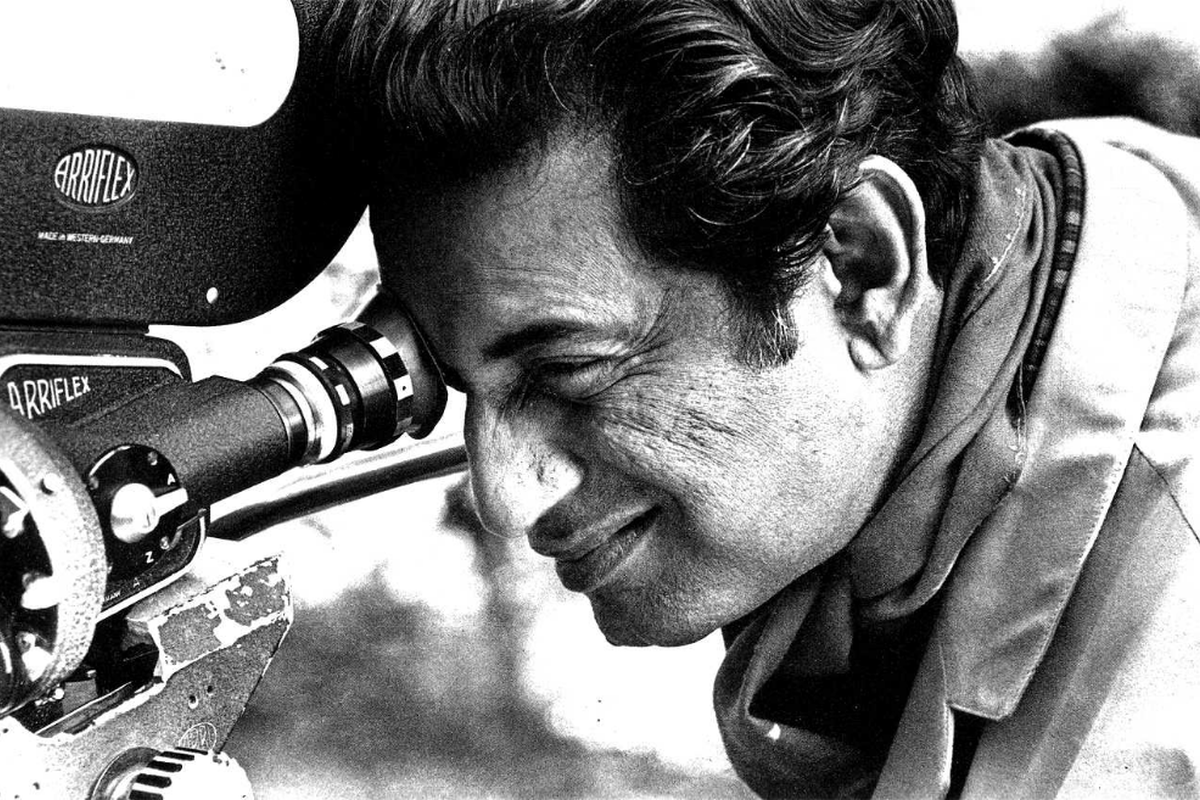While Satyajit Ray is most fondly remembered for his humanistic cinema that inspired the likes of Martin Scorsese and Akira Kurosawa, the legend continues to inspire filmmakers of today — from Wes Anderson and Dibakar Banerjee to even younger directors who wish to step on to the medium.
Ray’s films, apart from being humanistic in theme, had their own unique narrative and storytelling style which continues to be more and more relevant in contemporary times. A polymath who mastered and expressed himself in creative genres that spanned not just poetry, screen-writing, direction, cinematography, graphic designing, and music composing, Ray was also a self-taught painter.
Advertisement
Film critic Michael Sragow once said Satyajit Ray’s influence on art as such has been so far-reaching and eccentric that his Apu trilogy influenced the pop-culture phenomena, The Simpsons, in some way. The convenience-store owner in the show is an Indian, with the name Apu.
Apart form being an acclaimed film director, he is also well known for his immense contribution to Bengali literature. Ray wrote several short stories, novels, essays and invented two very special characters — Feluda, a Kolkata-based private detective whose real name was Pradosh Chandra Mitra, and scientist Professor Shanku.
As the world celebrates his birth anniversary today, i.e. May 2, here are some lesser known facts about the cinema legend and his work.
Ray was a fan of the Tintin comics and even had some shots from the comics translated onto screen in some of his movies.
Japanese filmmaker Akira Kurosawa and Ray were friends. On one occasion, Kurosawa had said, “To have not seen the films of Ray is to have lived in the world without ever having seen the moon and the sun.”
Ray began his career by writing a lot of essays for the Calcutta Film Society journals. At that time, he was influenced by the silent movies of Hollywood theoretician Rudolf Ernheim.
He was deeply moved by Vittoria De Sica’s Ladri di biciclette (Bicycle Thieves), and elements of neo-realism in Ray’s work are sourced from that inspiration.
As far as style was concerned, Jean Renoir’s The River had an immense impact on him.
One of the most celebrated and honoured American film directors, Elia Kazan, had described Ray’s Devi as poetry on celluloid. His work it is also said, to have highly impressed Stanley Kubrick.
For all the E.T. fans out there, Steven Spielberg’s cult classic was heavily influenced by Ray’s work.In fact, Ray’s film titled The Alien which was based on his science fiction short story, Bankubabur Bandhu (Banku Baba’s Friend) which he wrote in 1962 for Bengali magazine Sandesh was supposed to star Peter Sellers and Marlon Brando in the lead. However, after Ray found out that the script had been copyrighted with a fee, he dropped out of the project. E.T. drew from The Alien‘s script.
He was the Indian Indian to have won the Academy Award for special life-time achievement.
The Legion of Honor is the most prestigious award in France and is presented to those having shown outstanding lifetime achievement in their field of work. Instead of inviting him over for the felicitation, the French president François Mitterrand personally went to Ray’s house in Calcutta to present him with the award.
Cinema’s Ernest Hemingway, John Huston was a huge fan of Ray’s work.
A characteristic feature that describes most of his work is its “humanism”. When he was once asked, if he personally espoused those values that show in his work he had said, “Not really. I can’t think of being anything else but what is represented by my films. I am not conscious of being a humanist. It’s simply that I am interested in human beings. I would imagine that everyone who makes a film is to some extent interested in human beings… I’m slightly irritated (laughs) by this constant reference to humanism in my work – I feel that there are other elements also. It’s not just about human beings. It’s also a structure, a form, a rhythm, a face, a temple, a feeling for light and shade, composition, and a way of telling a story.”
Ray also felt it was better for cinema to be concentrated more in time. He felt that if nobody grew up, everybody is as they were in the beginning, in the period of say, a week, fortnight or a month, he preferred it that way.











